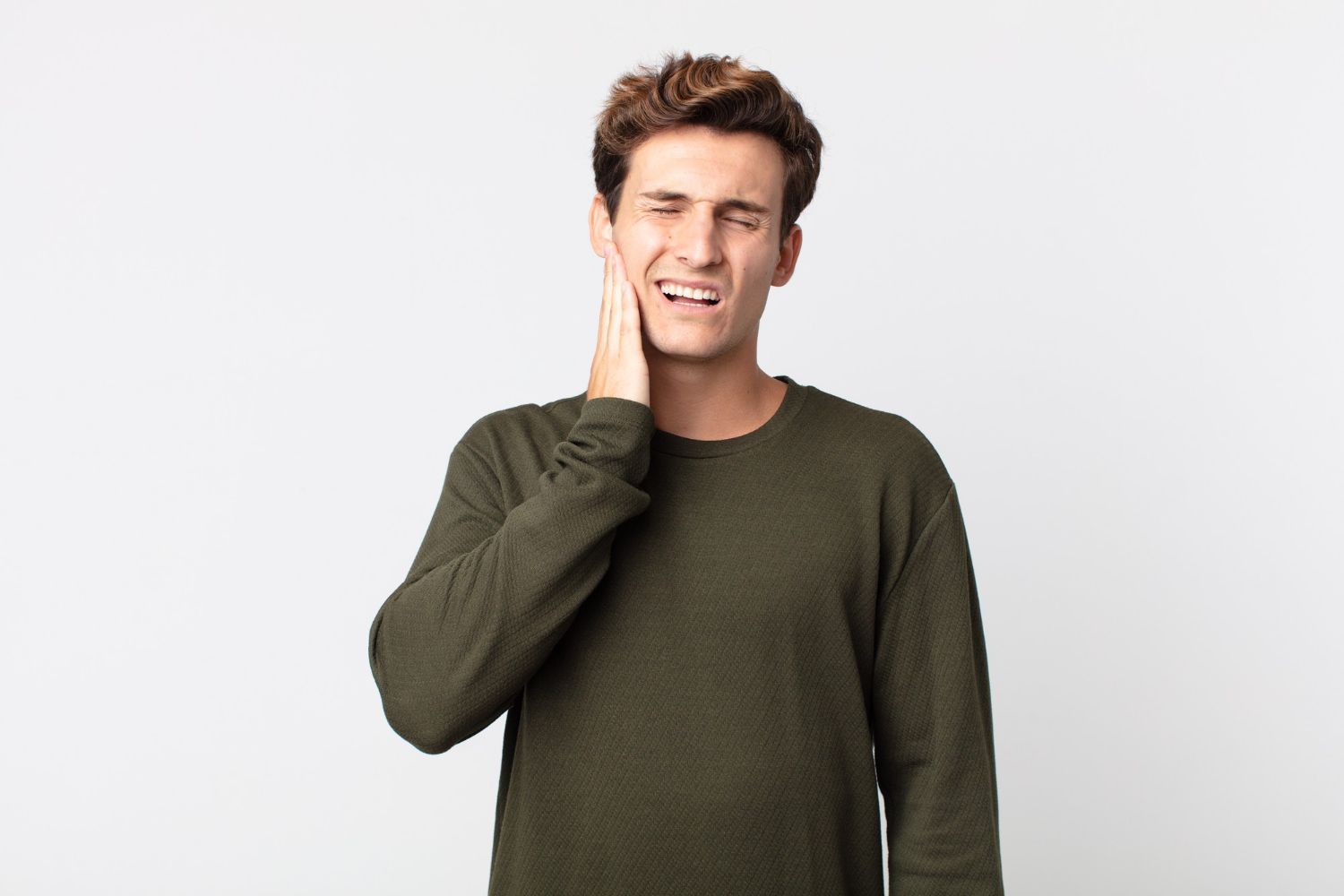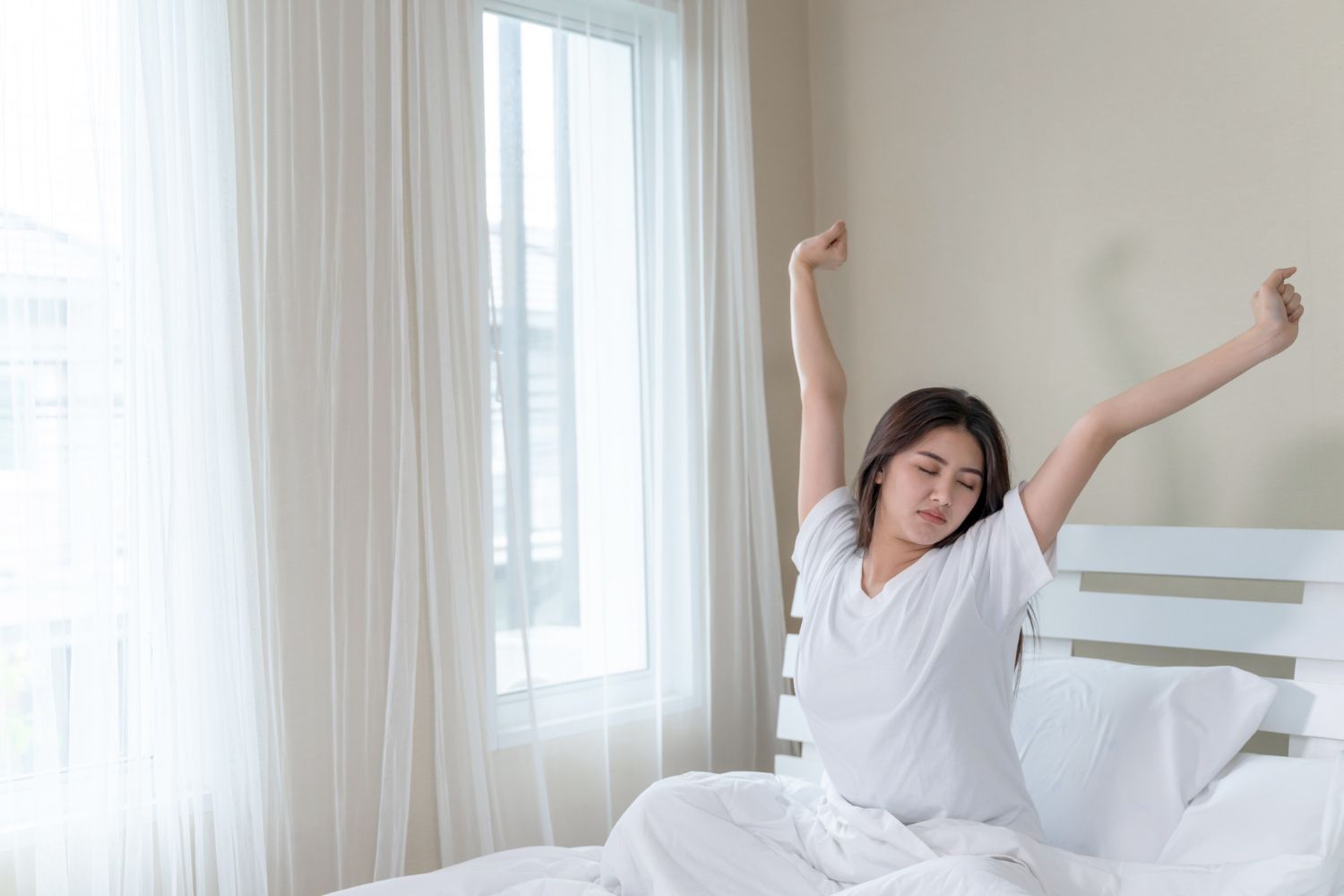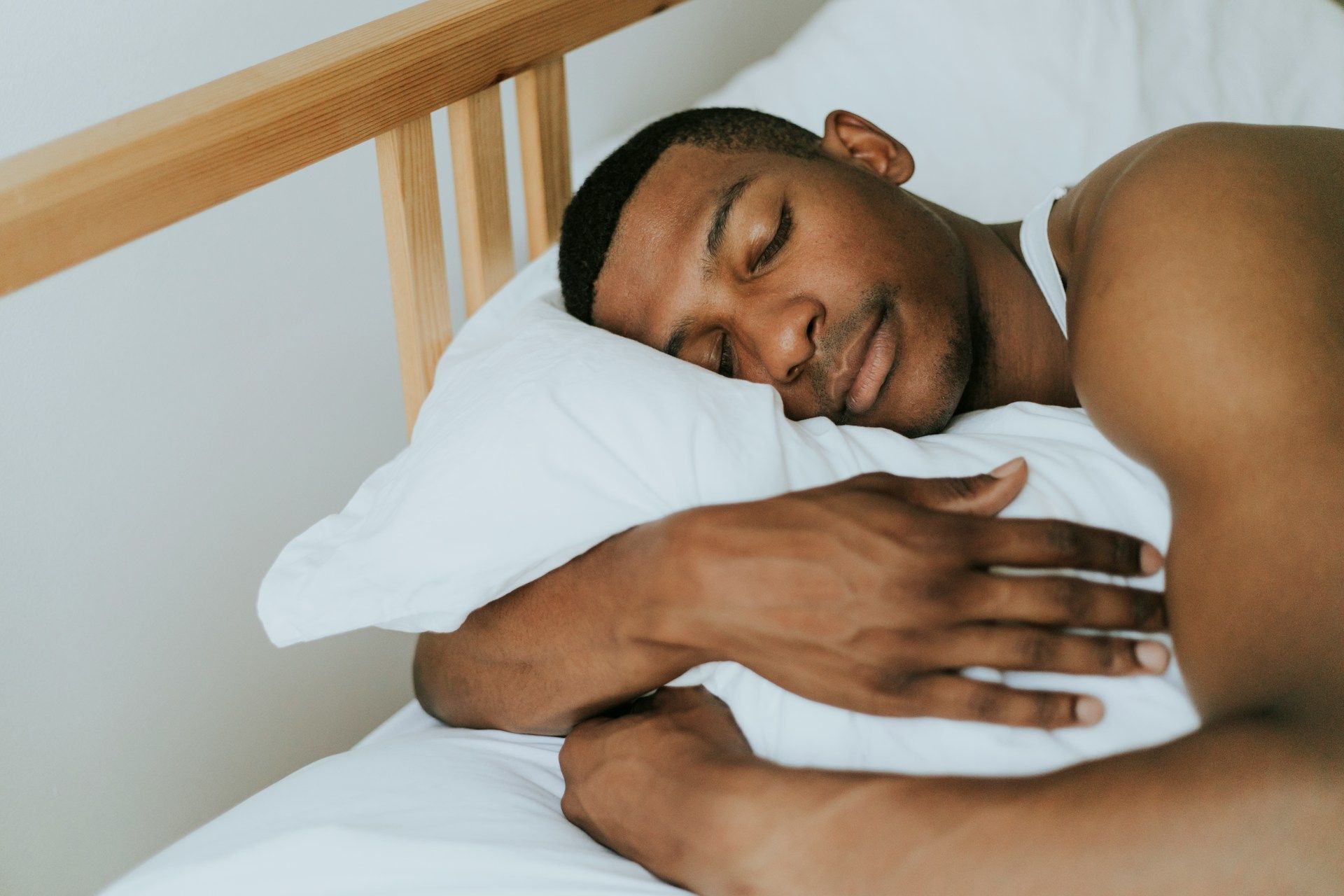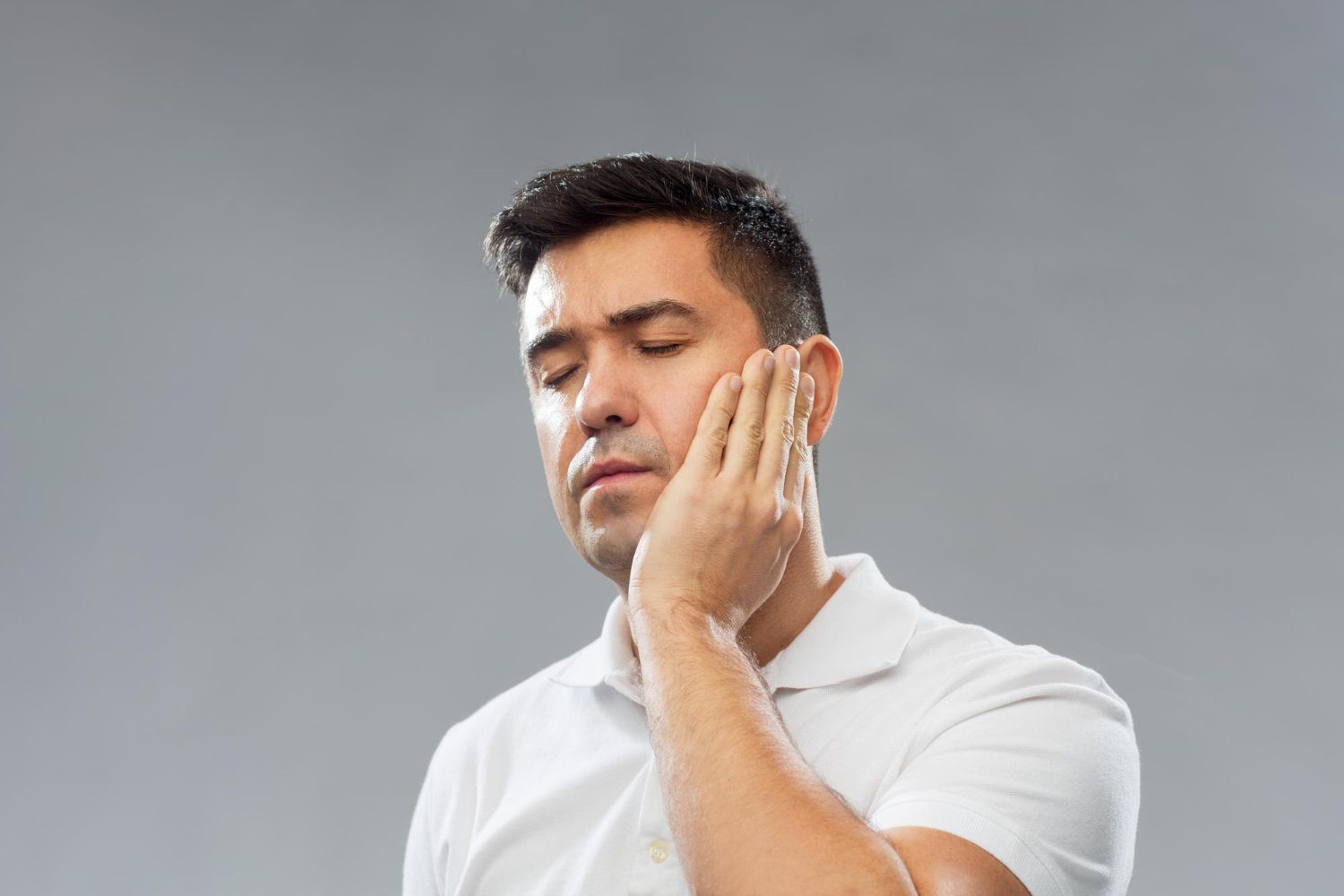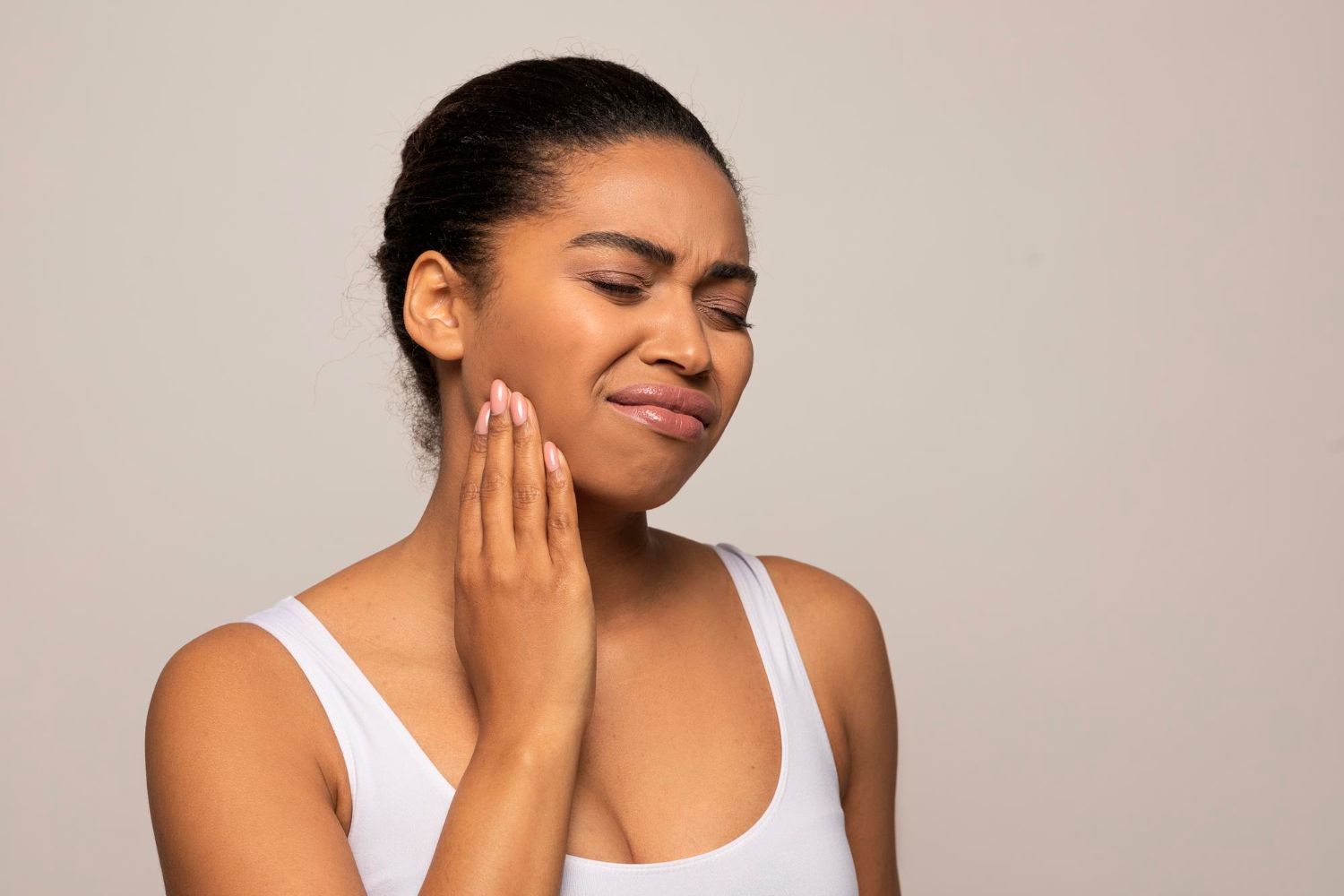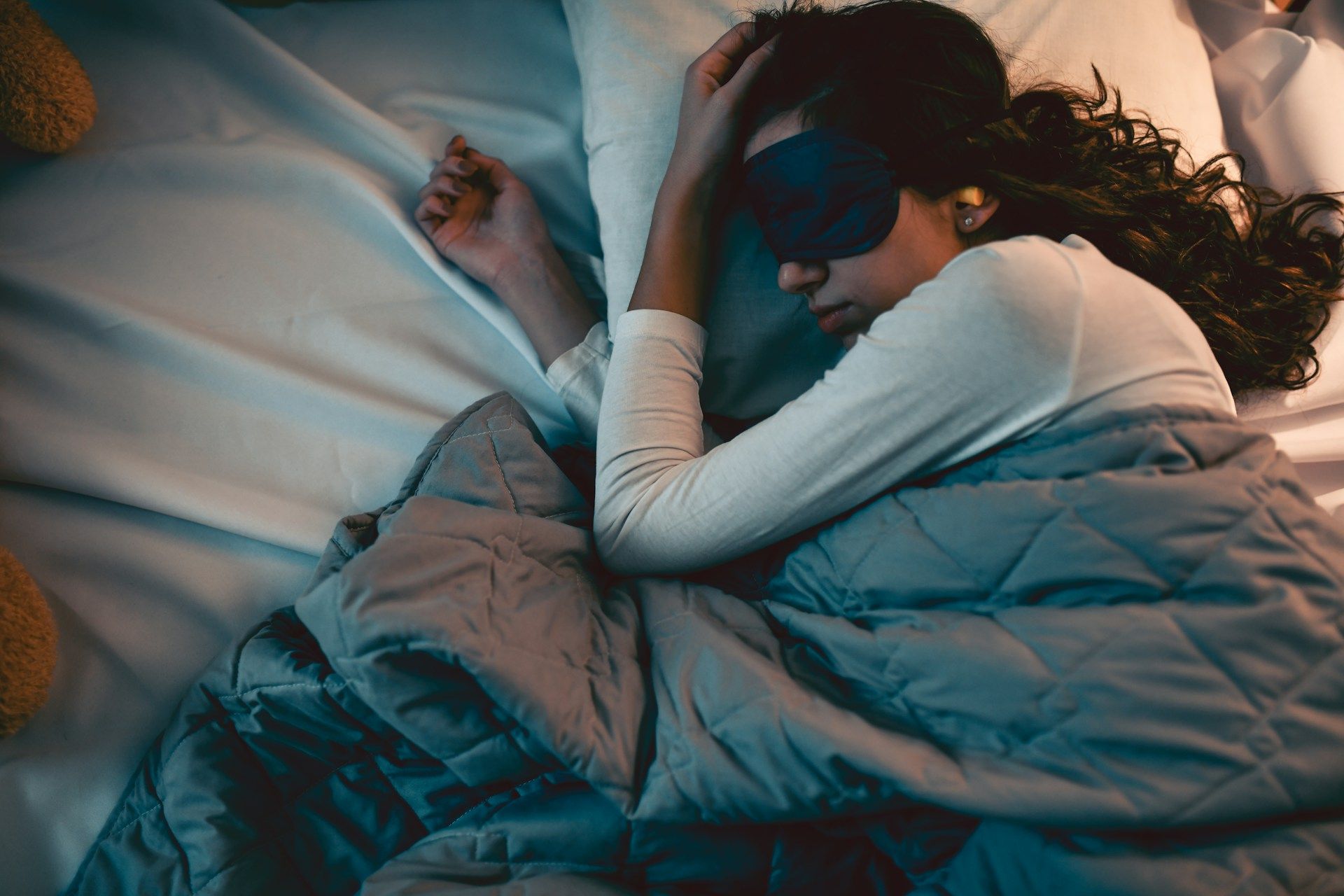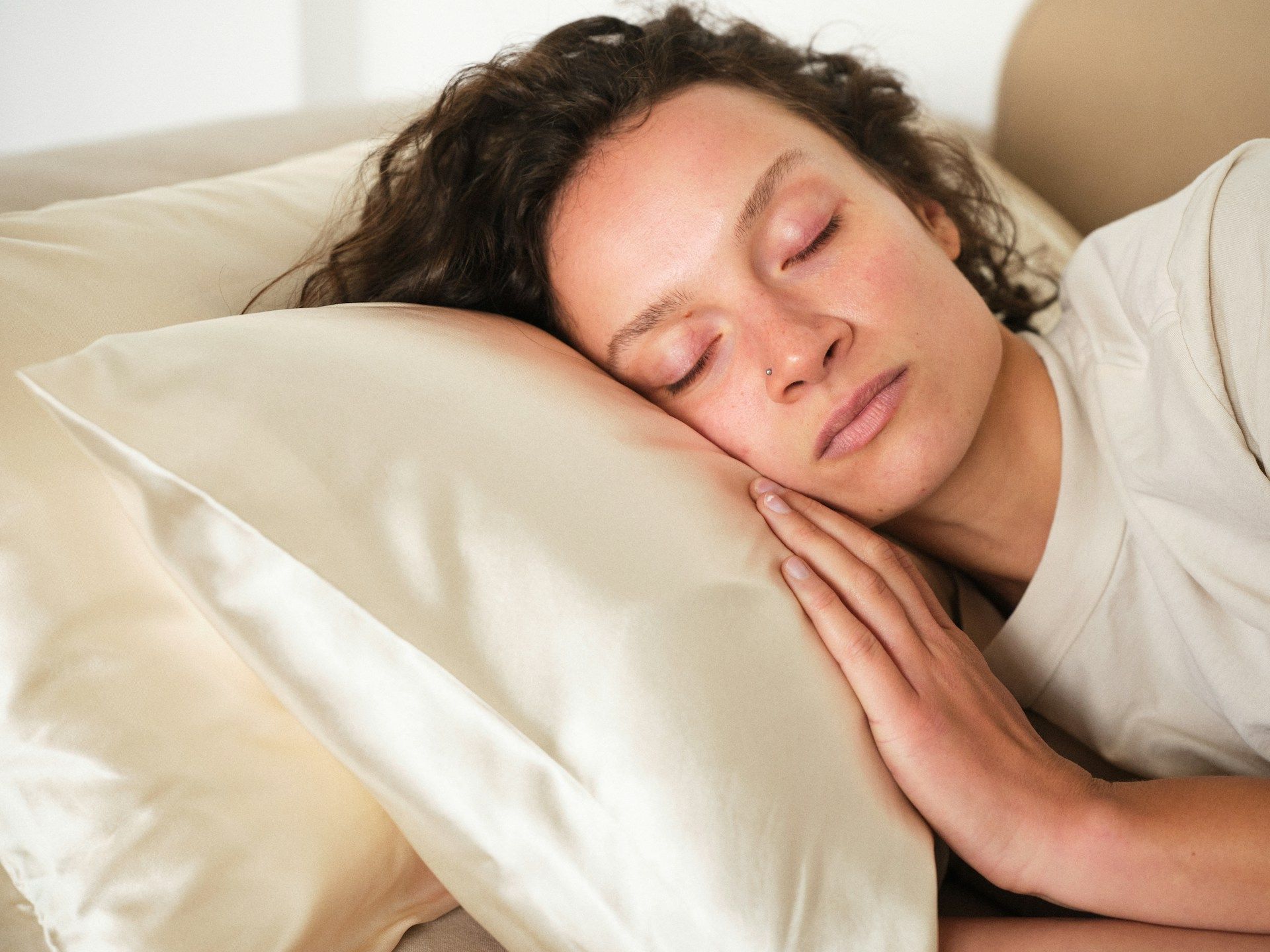Boost Athletic Performance by Addressing Sleep Apnea and Snoring
Athletes, both professional and recreational, often strive for optimal performance in their chosen sport. Sleep quality plays a vital role in ensuring peak performance and overall well-being, which is often underestimated in athletic training regimens. Conditions such as sleep apnea and snoring can negatively affect an athlete's sleep and recovery, ultimately hindering their performance. The Center for Sleep Apnea and TMJ is dedicated to helping athletes overcome sleep apnea, snoring, and other sleep disorders, paving the way for improved performance and a healthier lifestyle.
In this blog article, we'll discuss the importance of sleep quality in athletic performance, highlighting the adverse effects of sleep apnea and snoring on athletes' abilities. Additionally, we will provide strategies for identifying and overcoming these sleep disorders and present the comprehensive treatment options available at The Center for Sleep Apnea and TMJ. By addressing sleep apnea and snoring concerns in athletes, we can help ensure better sleep quality, faster recovery, and ultimately, enhanced athletic performance.
If you are an athlete experiencing sleep disturbances such as sleep apnea or snoring, seek professional guidance from the experts at The Center for Sleep Apnea and TMJ, who specialize in diagnosing, treating, and supporting individuals in their journey toward improved sleep and better performance.
The Crucial Role of Sleep Quality in Athletic Performance
Quality sleep is essential for athletes, as it plays a significant role in various aspects of their performance:
1. Physical Recovery
During sleep, the body undergoes several restorative processes that are critical for muscle tissue repair, growth, and recovery from daily training and competition.
2. Cognitive Function
Quality sleep is crucial for cognitive functions such as attention, memory, and decision-making, all of which are vital for athletes in both practice and competition.
3. Emotional Well-being
Adequate sleep is essential for emotional regulation, helping athletes cope with stress and maintain mental resilience in the face of challenges.
Implications of Sleep Apnea and Snoring on Athletic Performance
Sleep apnea and snoring can hinder an athlete's performance in multiple ways:
1. Reduced Sleep Quality
Sleep apnea and snoring can cause multiple nightly awakenings, resulting in fragmented sleep and an overall decline in sleep quality. Consequently, athletes may experience inadequate rest, affecting their physical recovery and cognitive function.
2. Decreased Oxygen Delivery
Sleep apnea obstructs an individual's airway, leading to reduced oxygen delivery to the body, including the muscles, during sleep. This lack of oxygen can negatively impact athletes' muscle repair and overall recovery.
3. Increased Fatigue and Daytime Sleepiness
Sleep disturbances caused by apnea and snoring may contribute to increased fatigue and daytime sleepiness, impacting athletes' energy levels, concentration, and motivation.
Identifying and Overcoming Sleep Apnea and Snoring
Athletes experiencing sleep disturbances, such as frequent awakenings, persistent snoring, or excessive daytime sleepiness, should consider the following steps:
1. Observe and Document Symptoms
Athletes should document their sleep patterns and any symptoms, such as snoring or choking episodes, to provide useful information during a sleep evaluation.
2. Consult a Sleep Specialist
A consultation with a sleep specialist is crucial for the accurate diagnosis of sleep disorders. The Center for Sleep Apnea and TMJ offers comprehensive sleep evaluations, designed to identify the root cause of sleep disturbances and recommend appropriate treatment options.
3. Establish a Healthy Sleep Routine
Implementing a regular sleep schedule and practicing relaxation techniques before bedtime can help athletes maintain quality sleep and reduce the impact of sleep disorders.
4. Address Sleep Environment and Lifestyle Factors
Ensure a comfortable sleep environment with minimal noise and temperature fluctuations. Making adjustments in sleep position or the use of specialized pillows designed to alleviate snoring symptoms can also be beneficial.
Sleep Apnea and Snoring Treatment Options at The Center for Sleep Apnea and TMJ
The Center for Sleep Apnea and TMJ offers a variety of treatment options for sleep apnea and snoring:
1. Continuous Positive Airway Pressure (CPAP) Therapy
CPAP therapy delivers continuous pressurized air through a mask during sleep, keeping the airway open and reducing sleep apnea and snoring symptoms. This treatment can be particularly beneficial for athletes, as it helps improve sleep quality and promotes optimal physical recovery.
2. Oral Appliances
Custom oral appliances can reposition the jaw and tongue during sleep, maintaining an open airway and reducing the occurrence of sleep apnea and snoring episodes. These devices can be advantageous for athletes who find CPAP therapy uncomfortable or unsuitable for their needs.
3. Lifestyle Changes
Weight loss, a healthy diet, regular exercise, and avoiding alcohol and sedatives before bedtime can help reduce sleep apnea and snoring symptoms, improving sleep quality and overall health for athletes.
4. Sleep Position Adjustments
Athletes with sleep apnea and snoring may find relief by using specialized pillows or positional devices to encourage side sleeping, which helps maintain an open airway during sleep.
Conclusion:
Improving sleep quality is essential for athletes seeking to optimize their performance and overall well-being. By addressing sleep apnea and snoring-related issues, athletes can enhance their physical recovery, cognitive function, and emotional resilience.
Trust the experts at The Center for Sleep Apnea and TMJ to accurately diagnose, treat, and support athletes in their journey toward better sleep and improved performance. Don't let sleep disturbances hold you back from achieving your true potential – contact our expert team at The Center for Sleep Apnea and TMJ today to get the best
sleep apnea treatment in Meridian, ID!

